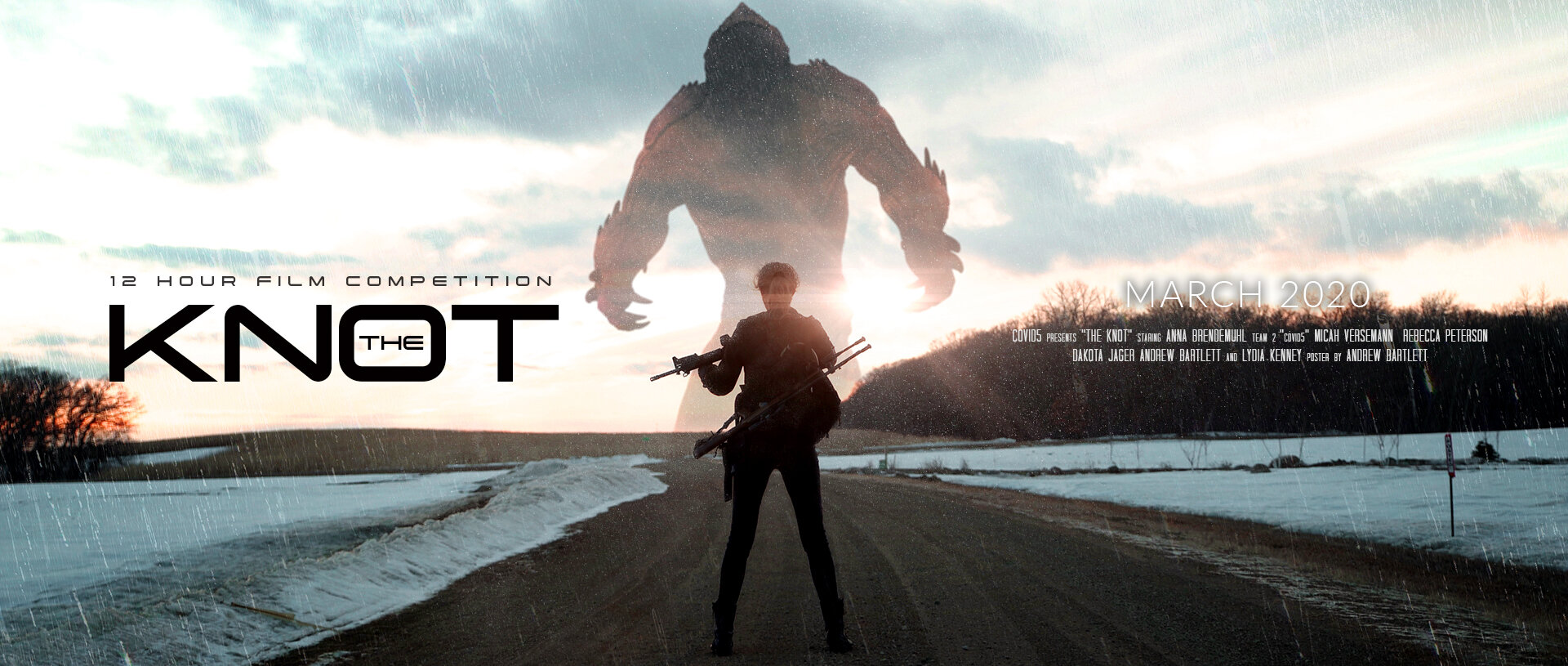Producer Thoughts: Takeaways from a 12 Hour Film Race
Last month before everything started shutting down due to the Coronavirus I got to join a number of other filmmakers, some I previously knew and some I didn’t for a 12 hour film race. Similar to a 24 or 48 hour film race we were divided up into two teams and given 12 hours to create a film from concept to locked edit. Thankfully those 12 hours didn’t include rendering out the project. Looking back now, I can really see how doing competitions like this can prepare you for making films in the promotional and corporate realm.
1. Understanding the Criteria
The first way a film race can prepare you for the real world is by dealing with criteria. For our film race there were four criteria or rules we had to follow.
We were given a specific song that had to be used in the film.
The film had to be between 60-90 seconds long.
The film had to feature the color blue. This could be done with wardrobe, props, set design, etc.
There had to be at least one shot in the film that was at least 12 seconds long.
While at times these criteria might feel like a hinderance, figuring out how to include a 12 second shot that moves the story forward or telling your story in the right amount of time is not always easy. Criteria are very real in the promotional and client realm of filmmaking. One project I worked on last fall needed to be between 2-3 minutes long. A project I did this month had to be no longer than 60 seconds as the client wanted to be able to upload it directly to his Instagram feed. Other criteria a client might ask for would be to including a company motto, employee, story or including footage of specific aspects of their work. Knowing how to take these criteria and make them flow together in a powerful story that will serve the client’s needs is number one and gaining experience doing this on a film race when there aren’t thousands of dollars on the line is super helpful.
2. Working as a Cohesive Team
One of the challenges that filmmakers can experience in the corporate world is being able to work together as a cohesive team. Unlike a feature film where you are going to be spending weeks or months working with the same group of people you very often will find yourself only working with people for a couple of days on a corporate piece. Being able to make those connections and communicate with people quickly and easily is a valuable skill and there is no better way to get some practice than a film race. Working on a film race might find you working with people that you have never worked with before yet having to figure out how to communicate with them, play to their strengths and avoid creating friction when working on a time crunch. My film race team included two people I had never met and two that I had never worked with in regards to the positions that they were filling on the production. A situation that isn’t unlike a normal film set at times.
3. Deadlines
Perhaps the best training you can receive from doing a film race is in working with deadlines. This means learning how to manage your time and having a good feel for how much time it might take to edit the piece, do a certain type of shot or use a specific piece of gear. Deadlines are the norm in the client realm and that deadline could be anything, a trade show or event that they want to show the piece at, a product release, the holiday the video is created for, etc. That deadline could also be of your own making. If you have another big job coming up you might need to get your current project done before then. Being able to manage your time so that you are meeting your deadlines and doing it in a way that doesn’t burn you out is a important skill to have and one that a film race can help prepare you for.
Is that all the lessons you can learn from a film race. Certainly not, but after doing this recent one those are the three that stuck in my mind. So whether you’re looking to make connections, grow your abilities or do something productive with your free time consider joining a film race near you today.
Are there other lessons you have learned from doing a film race yourself? Comment with them below.

